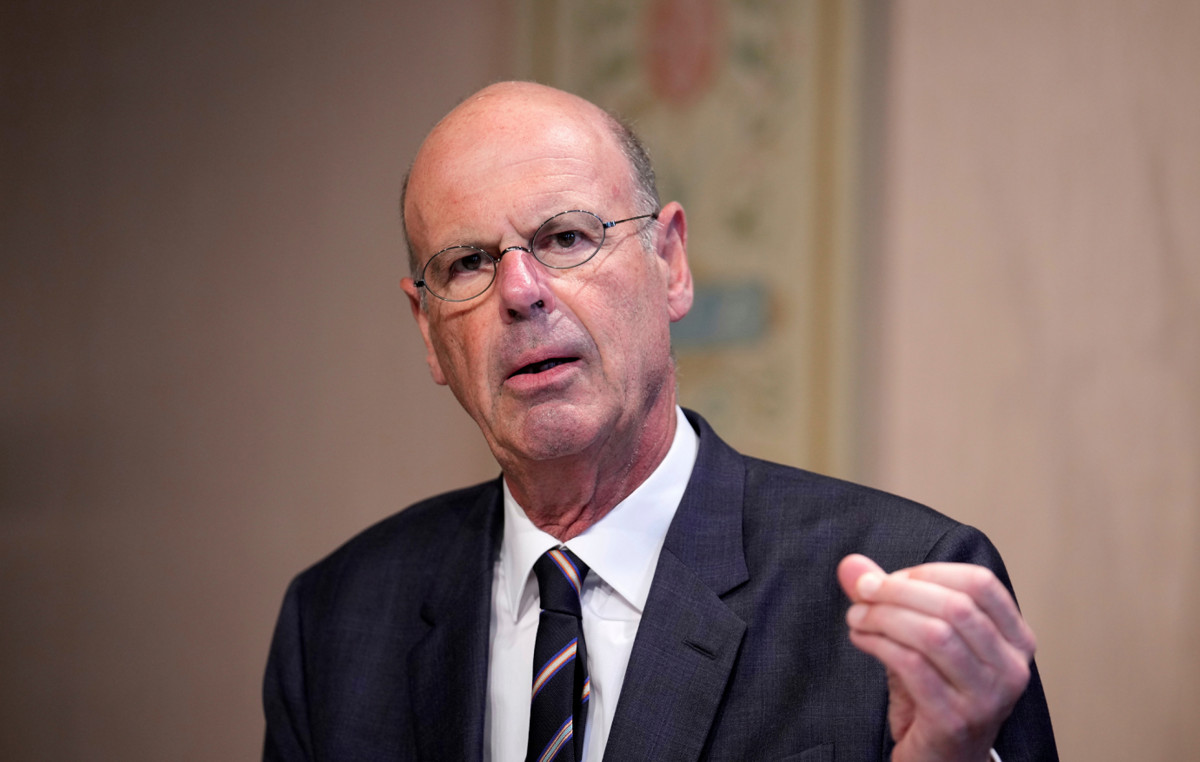Denmark needs to introduce its own legislation, DFSA officials say, since a significant portion of digital assets, self-custody crypto wallets and “DeFi interfaces” such as mobile applications and web browsers are not covered by the MiCA.
The Authority will create its own classification, taking into account the technical characteristics and level of potential risk emanating from assets and services. For example: is the cryptocurrency product a centralized or decentralized investment instrument, a payment service, a commodity, or something else? What are the legal and operational risks, as well as the level of trust in the team behind the project?
For high-risk projects and assets, the DFSA intends to introduce higher requirements – or completely ban the activity. MiCA comes into force in December 2024. Danish officials intend to finalize their rules – soon after.
Earlier, MakerDAO co-founder Rune Christensen shared concerns that MiCA could hinder the full development of DeFi projects in Europe.
Source: Bits
I am an experienced journalist, writer, and editor with a passion for finance and business news. I have been working in the journalism field for over 6 years, covering a variety of topics from finance to technology. As an author at World Stock Market, I specialize in finance business-related topics.







